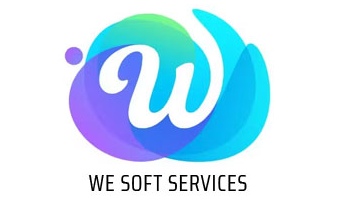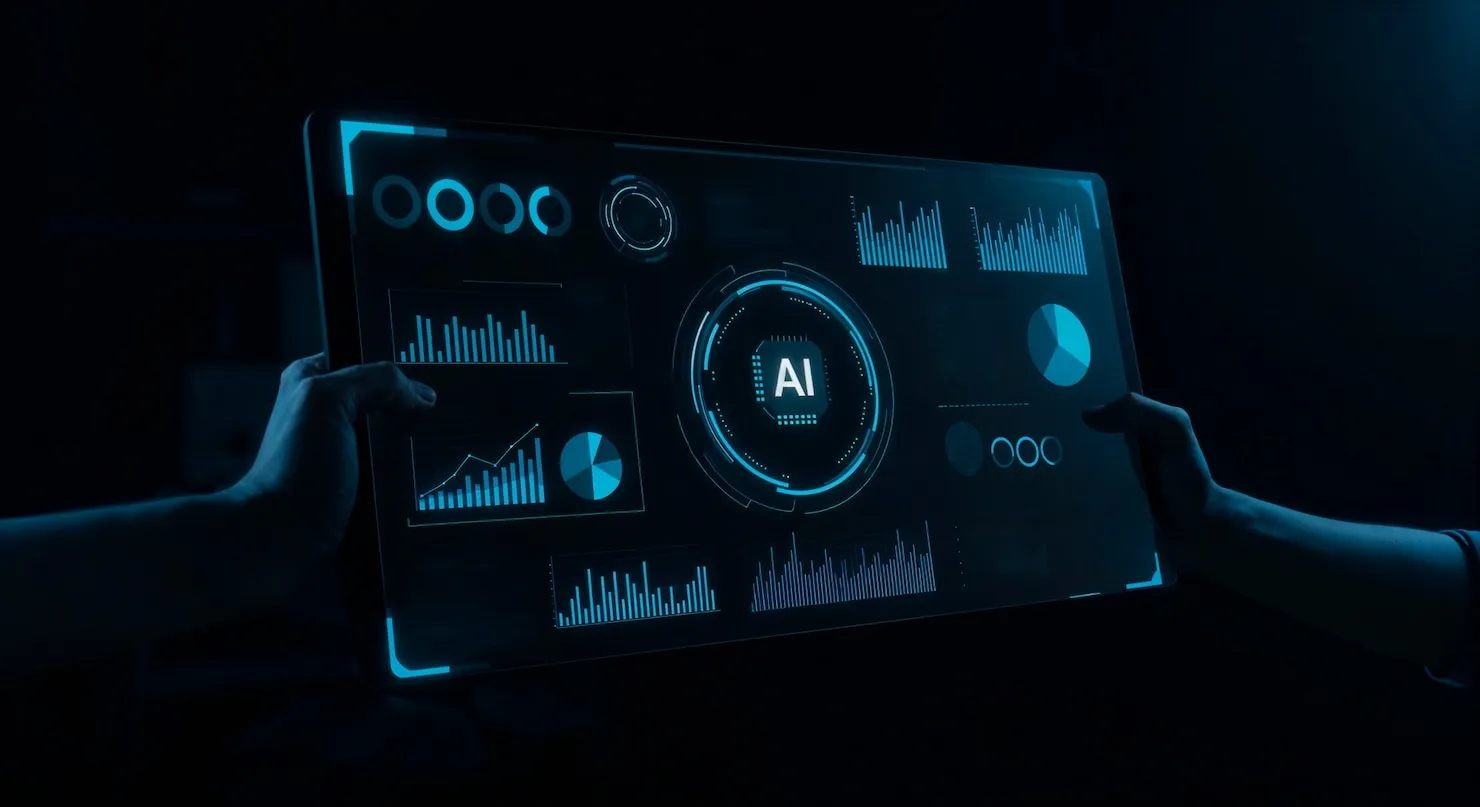The digital marketing landscape is perpetually evolving, but the pace of change is accelerating exponentially with the advent of Artificial Intelligence (AI). What was once a futuristic concept is rapidly becoming an indispensable co-pilot for marketers. By 2025, AI won’t just be an advantage; it will be fundamental to success, driving unprecedented levels of personalization, efficiency, and strategic insight.
As we look ahead, here are 10 categories of AI tools that will be at the forefront of this revolution, reshaping how brands connect with their audiences.
1. Hyper-Creative AI Content Generators
Beyond basic text generation, AI in 2025 will operate as a sophisticated creative partner. These tools will not only draft compelling copy for ads, social media, and blogs but will also generate dynamic video snippets, interactive visuals, and even entire campaign concepts based on trending data and brand guidelines. They will understand nuances of tone, sentiment, and target audience specificities to produce content that resonates profoundly and at scale.
- Impact: Dramatically speeds up content production, ensures consistency across channels, and enables rapid A/B testing of creative elements.
2. Predictive Analytics & Customer Journey Mapping AIs
Forget reactive analysis. By 2025, AI will leverage vast datasets – from browsing behavior and purchase history to sentiment analysis and real-time interactions – to accurately predict future customer actions. These sophisticated systems will map complex customer journeys, identify potential bottlenecks, and proactively suggest interventions to guide users towards conversion or retention.
- Impact: Enables proactive marketing strategies, reduces churn, optimizes conversion funnels, and personalizes the entire customer lifecycle.
3. Unified Marketing AI Platforms (UMPs)
The fragmentation of marketing tech will begin to consolidate under intelligent, overarching AI platforms. These UMPs will integrate CRM, ad platforms, email marketing, social media management, and analytics into a single, cohesive ecosystem. AI will then automate workflows, optimize cross-channel campaigns, and provide unified insights that historically required an army of analysts.
- Impact: Streamlines operations, breaks down data silos, ensures campaign synergy, and provides a holistic view of marketing performance.
4. Advanced Conversational AIs & Hyper-Personalized Chatbots
Beyond answering FAQs, 2025’s AI chatbots will be virtually indistinguishable from human agents, capable of complex problem-solving, empathetic responses, and even proactive sales engagement. They will learn from every interaction, pulling data from previous conversations and customer profiles to offer truly personalized support and recommendations across all touchpoints (website, social media, messaging apps).
- Impact: Enhances customer experience 24/7, frees up human agents for complex issues, and drives sales through intelligent, personalized interactions.
5. AI-Powered Programmatic Advertising & Bid Optimization
AI has already transformed programmatic advertising, but by 2025, its capabilities will be vastly more sophisticated. These tools will dynamically adjust bids, creatives, and targeting in real-time, sifting through billions of ad impressions per second to identify the precise moment and context for maximum impact and ROI. They will optimize not just for clicks, but for genuine engagement and conversion.
- Impact: Maximizes ad spend efficiency, delivers higher conversion rates, and reduces wasted impressions.
6. AI-Driven UX/UI Optimization
Your website and app will adapt to each individual user in real-time. AI-powered tools will analyze user behavior patterns, eye-tracking data, and psychological triggers to dynamically adjust layouts, content placement, call-to-action buttons, and navigation paths. This creates a bespoke, optimized experience for every visitor, driving engagement and conversions.
- Impact: Improves user satisfaction, boosts conversion rates, and reduces bounce rates by creating hyper-relevant digital experiences.
7. AI-Powered SEO & SERP Strategy Tools
SEO will move beyond keywords to encompass comprehensive search experience optimization. AI tools will analyze not just ranking factors but also user intent, content gaps, competitive strategies, and future algorithm shifts. They will suggest content topics, optimize existing content for semantic SEO, identify voice search opportunities, and even predict changes in search engine results page (SERP) features.
- Impact: Ensures higher organic visibility, captures long-tail and voice search traffic, and keeps brands ahead of evolving search trends.
8. Social Listening & Trend Prediction AIs
These tools will go beyond monitoring mentions. They will be capable of deep sentiment analysis, identifying emerging cultural trends, predicting viral content, and even detecting early signs of brand crises or opportunities. They will fuse real-time social data with broader economic and demographic trends to provide actionable market intelligence.
- Impact: Enables proactive crisis management, rapid response to market shifts, and opportunistic content creation that taps into current zeitgeists.
9. AI for Ethical Marketing & Compliance
As AI becomes more pervasive, so too will the need for ethical usage and compliance. AI tools will emerge to monitor campaigns for bias in targeting or messaging, ensure data privacy regulations (like GDPR and CCPA) are met, and even predict potential legal or reputational risks associated with marketing activities.
- Impact: Mitigates legal and reputational risks, builds consumer trust through transparent practices, and ensures responsible AI deployment.
10. Voice & Visual Search Optimization AIs
With the continued rise of smart speakers and camera-based search, AI tools specializing in optimizing for these modalities will be crucial. They will help brands understand how consumers search using natural language or images, optimizing product listings, website content, and local SEO to be discoverable through these increasingly popular channels.
- Impact: Unlocks new avenues for discovery, captures a growing segment of search traffic, and enhances accessibility for diverse user preferences.
The integration of AI into digital marketing by 2025 will not replace the human element but rather empower it. Marketers will shift from manual execution to strategic oversight, leveraging AI to handle the heavy lifting of data analysis, optimization, and content generation. Those who embrace these intelligent tools will not just survive, but thrive, shaping the future of customer engagement and brand growth.







